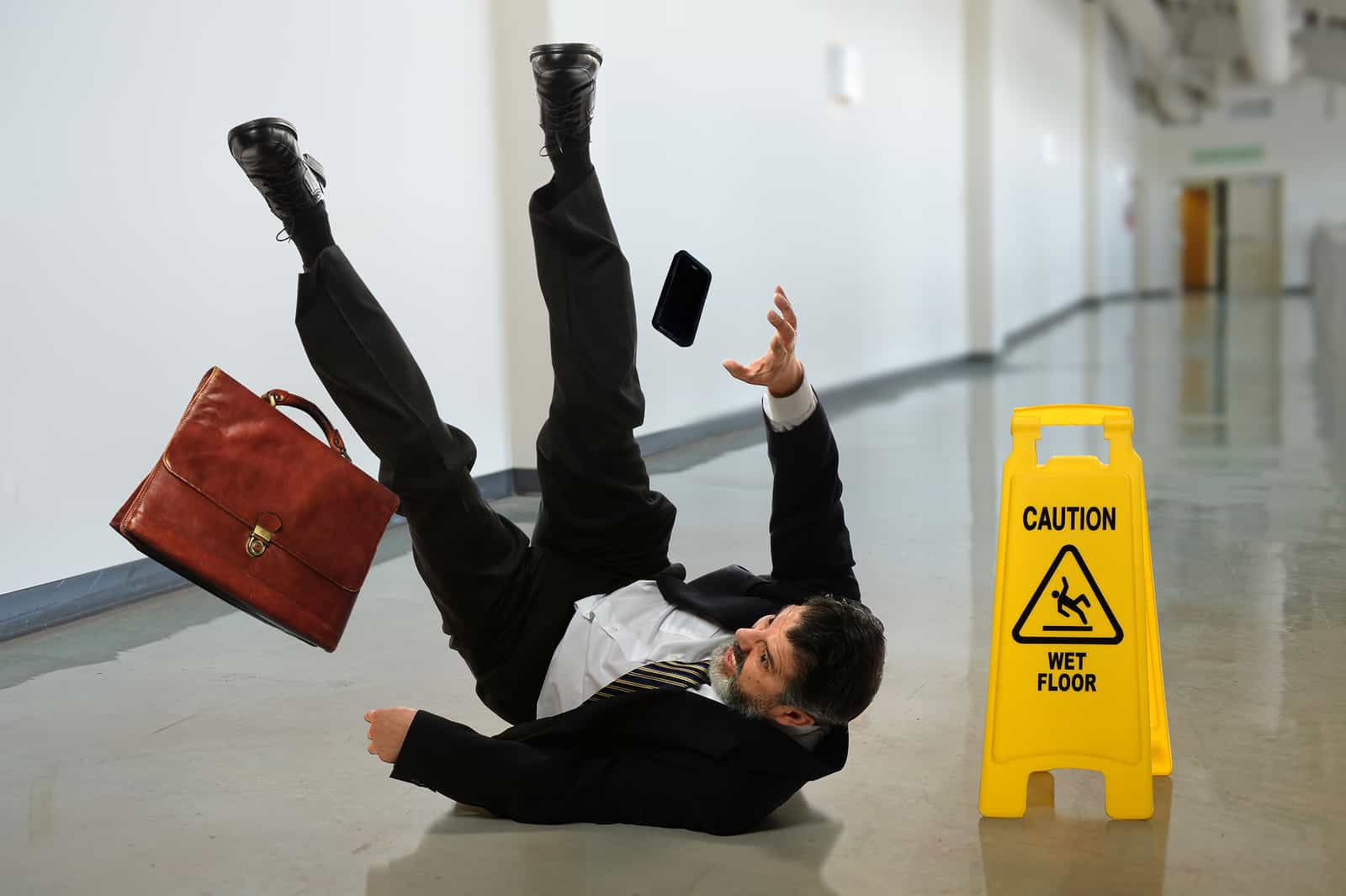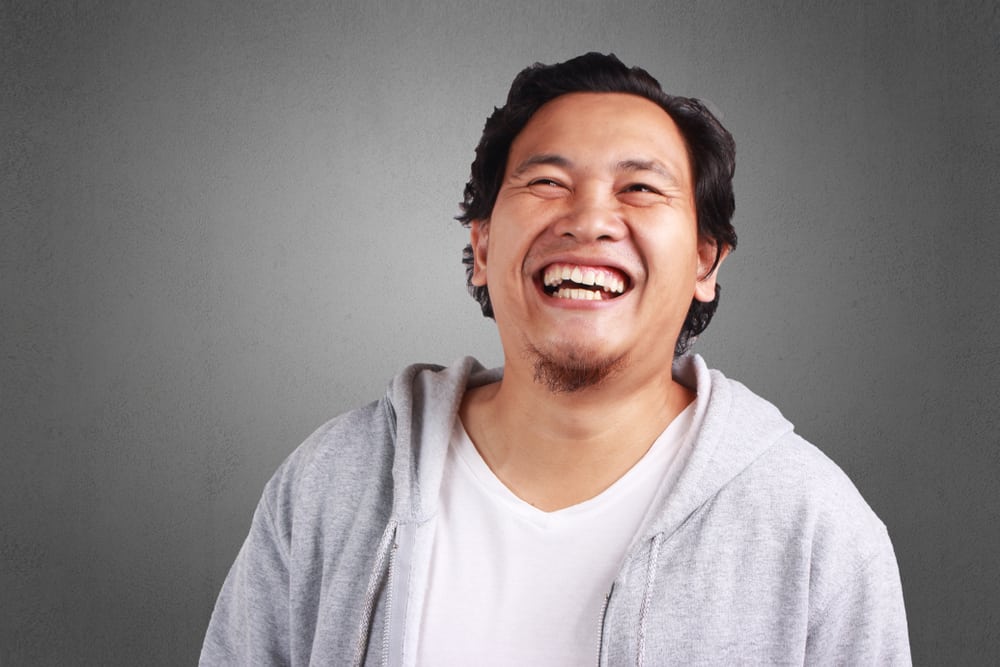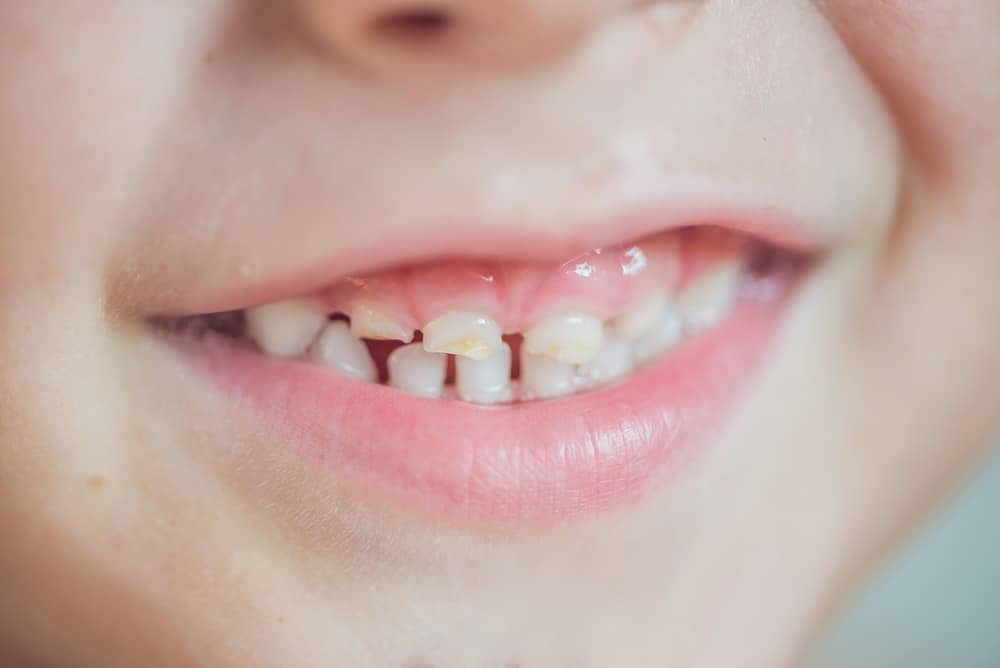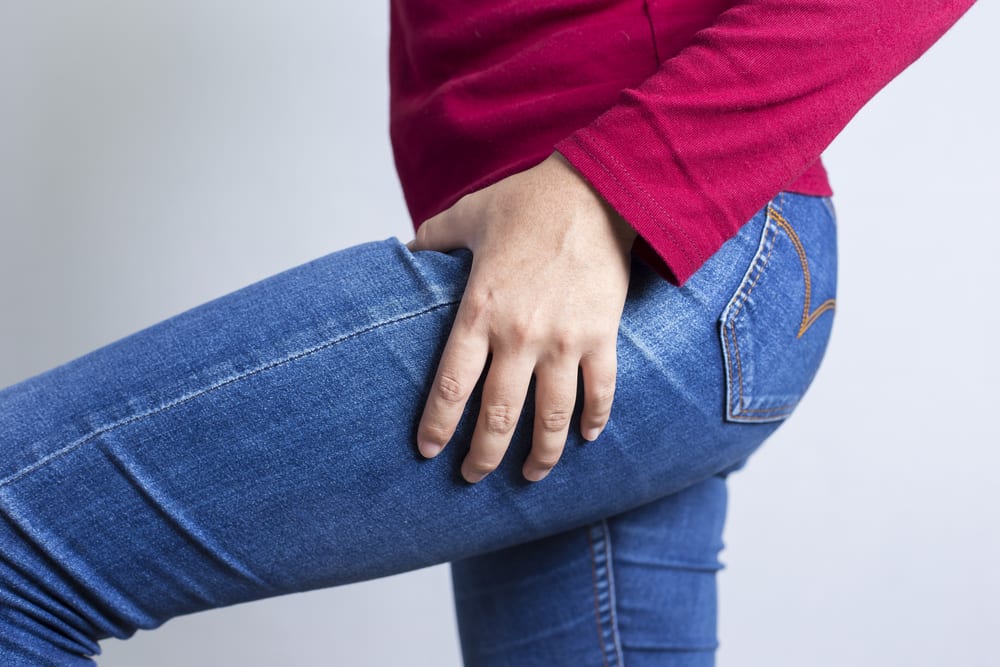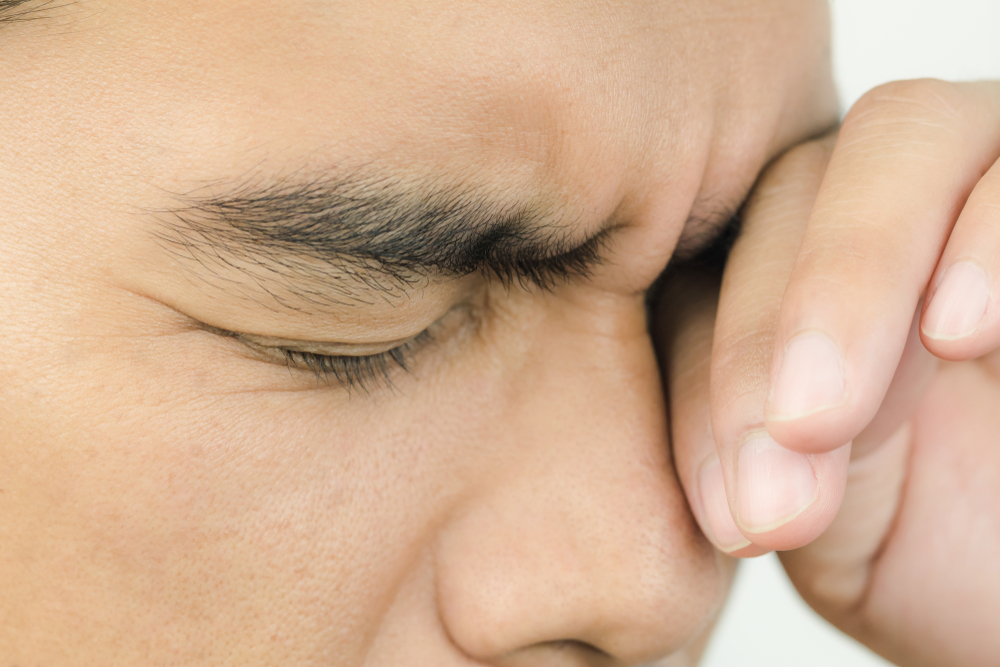Contents:
Medical Video: Reverse Aging with Neurobics | Marisa Peer
Everyone has fallen at least once in their lifetime, whether it's because they slipped on the wet floor or dipel or meleng tripping over a hole in the road asphalt. Even though a slip falls is usually associated with negligence of a child, it turns out that when we get older, the opportunities often fall actually multiply. Even more worrying, this process has even begun around the age of 25 years to get worse after 40 years.
Wow! What is the reason, huh?
What affects the balance of the human body?
The human body is basically created unstable. This is related to posture and height. Maintaining an upright and speeding position moving from place to place while staying balanced is a continuous hard work for the body. Our success runs smoothly without falling, depending on the physical health and work fusion of different systems in our body.
In order for us to maintain balance, there are three main systems that play a role in providing a variety of sensory information about the body's condition, gravity, as well as the surrounding environment. These three systems are visual (eye), vestibular (ear), and somotosensory (feedback reaction from the joints of the body's driving organs). In order to maintain the balance of the body, the brain must be responsive in integrating, processing, and storing all sensory information from the three systems, and this continues to be done without stopping. This subconscious process then creates motoric responses and muscular systems that are programmed based on experience to shape our daily movement patterns.
Falling occurs when the body and brain are overwhelmed by processing demands to maintain their posture. Falling can occur when your body's movement patterns become disrupted or change suddenly due to unexpected dangers - for example when tripping over gravel. Or, a fall can occur when the harmony of your body's frame is in chaos and your efforts to fix it are delayed, inadequate, or inaccurate - for example when you are pushed from behind by a nosy friend.
As it turns out, the chances of falling often will occur more often in old age - and this is not just a matter of negligence.
Why do parents fall more often?
This was evidenced by a research team from Massachusetts Eye and Ear Hospital in an experiment involving 105 people aged 18-80 years. After the participants followed a variety of physical tests and balance tests, the results of the study reported that the minimum tolerance threshold of the vestibular system in people aged 40 years and over increased dramatically.
The ventribular system is a complex system in the inner ear that functions like a GPS navigator, in order to detect body orientation in the room based on movement and head position, such as when we are sitting, standing, sleeping, and so on. This system then collaborates with the brain and eyes to regulate balance, coordination, and control of body movements. Generally, the lower the vestibular threshold of a person, the better the body will maintain its balance. Thus, if the system is damaged or the threshold is increased, we will look like drunken people, shaky and shaky easily.
As we get older, the subconscious process in order to maintain the balance of the body may not work well or not as fast as it used to be. In other words, your brain's cognitive acuity collects. As a result, efforts to maintain balance may require even greater mental concentration, the effect of which is proven tiring. Decreased brain cognitive skills can also limit your ability to multitask. This is why you may realize that parents often suddenly stop walking while talking - reflecting this difficulty.
In addition, aging also makes the quality of sensory information provided by the three balance systems of your body decrease. Vision deteriorates, coupled with eyes that are prone to glare and poor visual depth perception. This can cause you to misinterpret the location of the floor, or mistaken the distance, making you fall easily.
Normal photosensory feedback from your joints to the brain also decreases because flexibility also decreases with age. Chronic disease in the joints of the heavy restraints (hips and knees), such as arthritis, can cause foot placement errors. Meanwhile, the pattern of uneven footwork, painful feet, and / or the habit of wearing poor quality shoes can make the brain misjudge information signals about the characteristics of your contact with the ground when you walk.
Why are there young people who often fall?
All body changes related to aging will certainly increase the chances of falling often. But make no mistake, this natural body change can occur faster in young adults who are trapped in sedentary lifestyles, aka lazy motion.
Living all mager aka lazy motion, over time causes a decrease in physical strength and bone density, so that the balance of the body is more easily shaken. This body weakness also makes us need more time to rise from falling. Again this is caused by a decrease in brain function, due to lack of physical activity.

